These are the best times for the Ford family’s sports properties in Detroit, most notably the Lions, who enter the playoffs as the No. 1 seed in the NFC.
The restoration and reopening of an abandoned train station in Detroit wasn’t merely another construction project.
The $950 million revival, financed by Ford Motor Co., symbolizes the resurgence of the Motor City, which is growing for the first time since the 1950s. The Ford family turned the station, once a symbol of the city’s plight, into a new tech campus for the auto giant.
The mixed-used development comes amid a high moment for the family’s Detroit Lions, who have reached the postseason in back-to-back seasons for the first time since 1994-1995 and are pushing for their first Super Bowl appearance ever (though they won the NFL championship in 1957). The team plays the Washington Commanders on Saturday.
“I was two years old the last time the Lions did (really) well and that was 1957,” Leon LaBrecque, a tax attorney and strategic consultant for Ford Motor Co., said in a phone interview. “The enthusiasm and the vibrancy of the city is paralleled by [both] our economic and sports recovery.”
The storied franchise’s return to relevance under head coach Dan Campbell has been one of the league’s best stories this season. Quarterback Jared Goff and the Lions won their second straight division title, earned the No. 1 seed in the NFL and are betting odds favorites to reach the Super Bowl—a fact all but unimaginable three seasons ago when they turned in a three-win campaign.
While the family has controlled the Lions since President John F. Kennedy’s assassination (the team is currently led by principal owner Shelia Ford Hamp), its core business is based in the auto industry; Ford Hamp’s great grandfather, Henry, founded the automaker in 1903.
Ford Performance global director Mark Rushbrook is focused on the next extension of that, which is the manufacturer’s return to Formula 1 next year through its engine partnership with Austrian outfit Red Bull Racing. (Red Bull’s current engine partnership with Honda expires at the end of this year.)
“Our reputation is on the line,” Rushbrook said a video interview. “We have a lot riding on this, and the spotlight is only going to get brighter 14 months from now. For our future products, we need to take everything that we’re learning from (Formula 1) and apply it to make our cars and trucks even better for customers. Not all our programs touch our pillars of importance, but this one does.”
Ford is reentering Formula 1 for the first time since 2004—that year, it sold the Jaguar racing team to Red Bull, an energy drink firm that also owns MLS’ New York Red Bulls. Led by star driver Max Verstappen, Red Bull has cemented itself as one of the best teams in this modern iteration of Formula 1, a Liberty Media property recently popularized in America thanks to Netflix series Drive to Survive. The first season of the sports docuseries aired in 2019, and F1’s total audience has ballooned in size since.
Ford, which is set to be Formula 1’s only American manufacturer next season, wasn’t previously interested in returning to F1 but several factors impacted the mindset change. The upcoming rules shake-up, which include revised aerodynamics regulations and new power units, coupled with the growing American fan base, made Ford reconsider its mindset on F1.
Even NFL commissioner Roger Goodell applauded F1’s global ambitions and fan engagement tactics during Liberty Media’s investor day in November.
Rushbrook, who was tasked by Ford CEO Jim Farley to lead the Formula 1 arm, is focused on the new chapter but in the meantime, he can’t deny the palpable energy coming from Ford’s other sports property. He said working alongside general manager Will Ford III, the son of executive chairman Bill Ford, helps him get a broader sense of the family’s sports passion.
“They want to win in motorsports and also with the Detroit Lions,” Rushbrook said. “The success that the team has had recently can be [felt] from the family, and Ford employees who are rallying behind the team. There’s been some not so optimistic years but feeling this energy now is pretty cool.”
Despite the Lions’ turnaround and the Formula 1 reinstall, analysts have raised concerns about Ford’s future stock performance, especially during ongoing turbulence in the car industry. Ford nonetheless continues to see strong results in certain business areas. The General Motors rival recently reported that its full-year sales notched its best mark since 2019 with more than 2 million vehicles sold.
The Ford family retains control of Ford Motor Co. as the biggest holder of Class B shares, which hold voting powers. But the special shares only account for 2% of outstanding stock, even though it gives them 40% of voting power. That equates to less than a billion of the total $38 billion market cap at Ford, which pales in comparison to the worth of the Lions, which were valued at $4.9 billion in Sportico’s most recent NFL valuations.
The mood remains upbeat in Detroit, however. The Ford family typically takes a low-profile approach in football circles, unlike other club owners, such as Jerry Jones in Dallas, who regularly make headlines. But the upturn of their sports properties is splashy and noteworthy as the city experiences revitalization.
“Detroit has experienced a lot of problems but also a lot of rebirth too,” LaBrecque, who worked on the city’s 2013 bankruptcy, said. “And the Ford fami
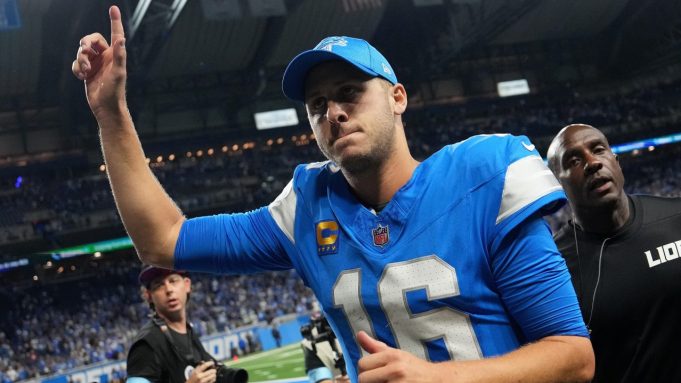
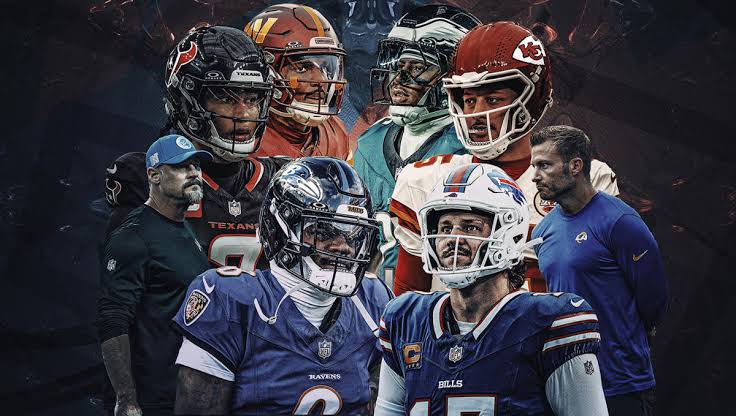

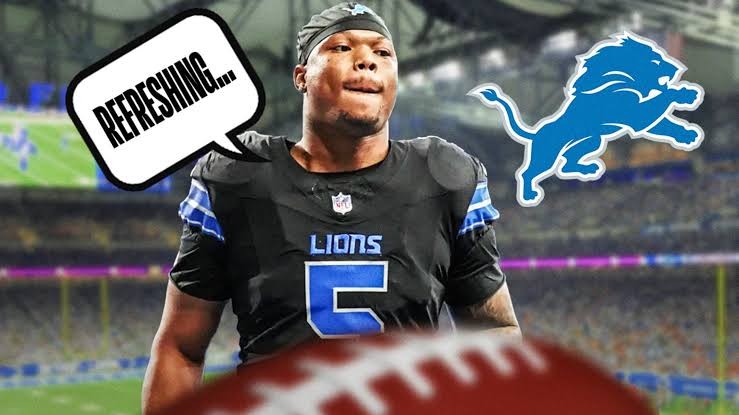

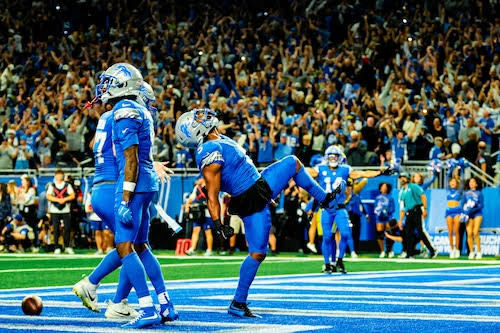





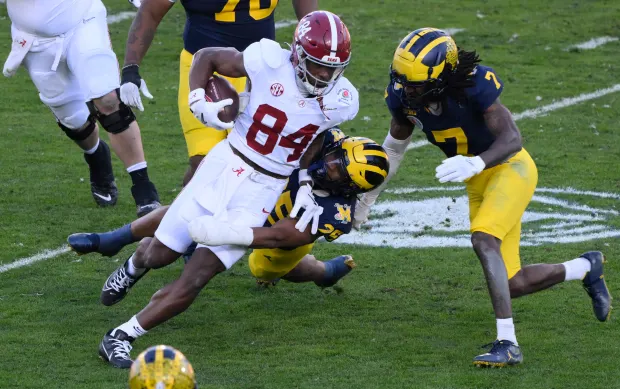


Leave a Reply